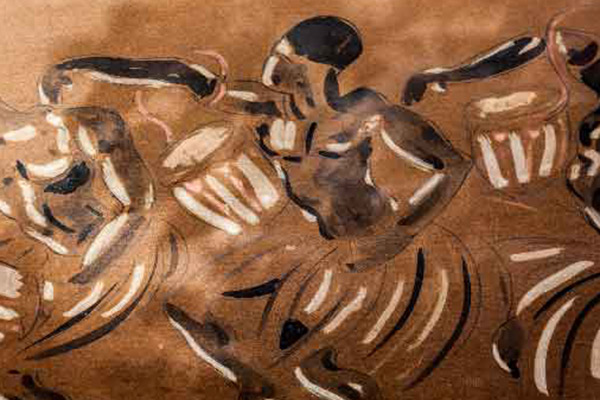Testimonials
“Our lawyers sometimes felt powerless when faced with complex managerial situations. So initially we wanted to raise awareness among managers about preventing stress in work and identifying “at-risk” behaviours as soon as possible.

I highly recommend the firm AlterAlliance and the high level of expertise of Bruno Lefebvre and Valérie Schégin.
The accuracy of their diagnosis and their recommendations was extremely helpful and a determining factor when we had to unravel a difficult situation within my department and set up a more appropriate organisational structure.

“In 2009, I had to carry out a restructuring plan within Elsevier Masson France. I was aware of the impact this project would cause within the company and the crucial role of the managers in rolling it out, so I decided to request the assistance of a firm that was expert in managing the risks connected to change management.

We contacted AlterAlliance in 2012 to conduct an analysis on psychosocial risks. The process we were undertaking was completely new. After meetings with all of Parvis’s employees, AlterAlliance carried out an analysis within the given turnaround time.
AlterAlliance is to a company what a good additive is to fuel: they add oil to the cogs, they reduce the consumption of unnecessary energy, they improve the functioning of the whole engine, including the smallest parts.


